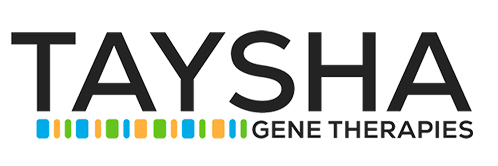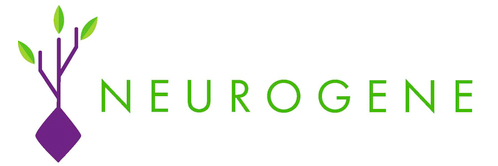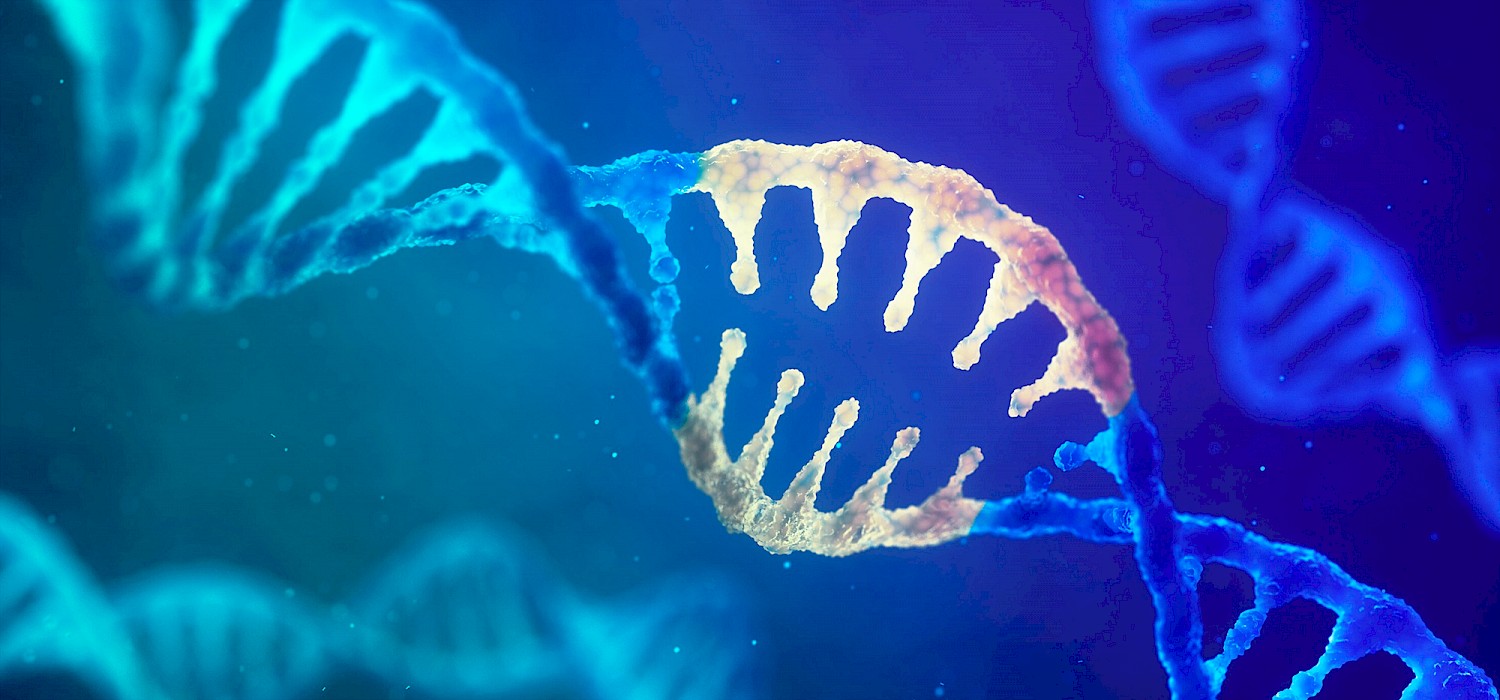There have been numerous updates regarding the gene therapy trials currently underway for Rett syndrome. We thought it would be helpful to provide a summary.
We start by thanking our donors and Rett families who fundraise for RSRT and make this incredibly progress possible. You made it possible for RSRT to invest over $11 million in gene therapy. Both the Taysha and Neurogene programs got their start in RSRT’s Gene Therapy Consortium. For some context and background please read this blog post.

What is it: Taysha's gene therapy for Rett syndrome is called TSHA-102. The gene therapy delivers a shortened “mini-gene” version of the MECP2 gene that was generated by RSRT trustee, Adrian Bird. Learn more by reading the blog post, The Story Behind Mini-Gene. The gene therapy is being delivered via a one-time injection into the spinal fluid. The gene therapy includes the miRARE technology which is designed to regulate the amount of MECP2 protein that is made to avoid overexpression.
Where is it: An adult and adolescent trial in females aged 12 and older is taking place in Montreal, Canada. A pediatric trial is now underway in the US. RUSH University Medical Center in Chicago is the first clinic to recruit patients with an additional 7 sites to follow. The first phase of the US study is enrolling six children ages 5 to 8 and will be testing two different dose levels. The second phase of the study will expand the ages to include 3 to 8 years old, with a total of up to 21 patients enrolled. This second phase will evaluate the dose selected in the first phase. The United Kingdom’s regulatory agency has also authorized proceeding with a pediatric clinical trial in the UK.
Progress: Taysha dosed the first Rett patient in history with gene therapy in spring 2023 followed by a second adult patient in the fall. Early preliminary data from the first two adult participants suggests initial improvements based on clinician- and caregiver-reported assessments at the 12-week (participant one) and four-week (participant two) time points. There were also no serious adverse events observed. This month Taysha announced that it had dosed the first pediatric patient in the US .

What is it: This trial is administering a full length MECP2 gene using a one-time delivery into the ventricles of the brain in an effort to maximize the number of brain cells receiving the gene therapy. NGN-401 employs EXACT, a technology that controls the amount of MECP2 protein made by the gene.
Where is it: This trial is being conducted at Rett centers in Houston, Boston, and Denver, with Houston the only site recruiting thus far. The age range for the trial is 4 to 10 years old and is expected to enroll a total of 5 children.
Progress: Neurogene announced in November 2023 that it had dosed the first two pediatric patients in its US trial. The company reports that the gene therapy has been well tolerated. Neurogene plans to report on clinical data in the fourth quarter of 2024. In the first half of this year the company plans to expand beyond 5 patients and test a higher dose. The company also announced plans to initiate a clinical trial in the UK.

